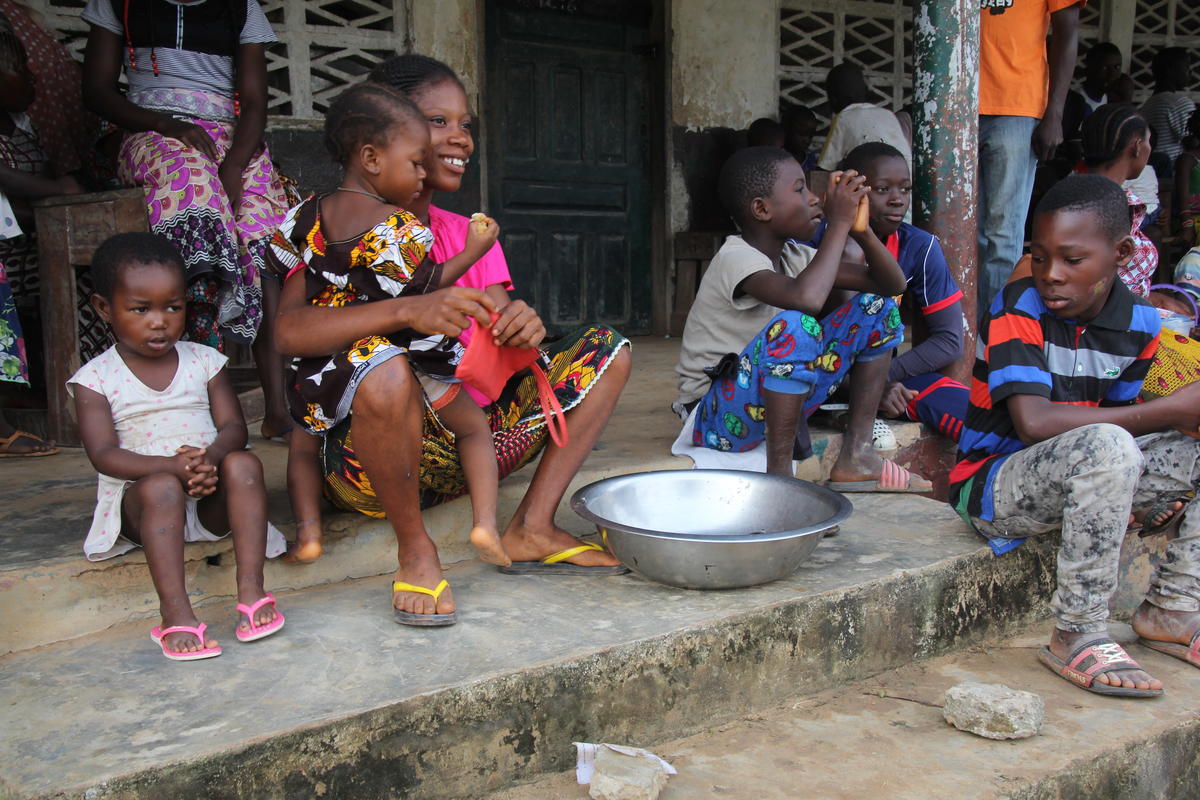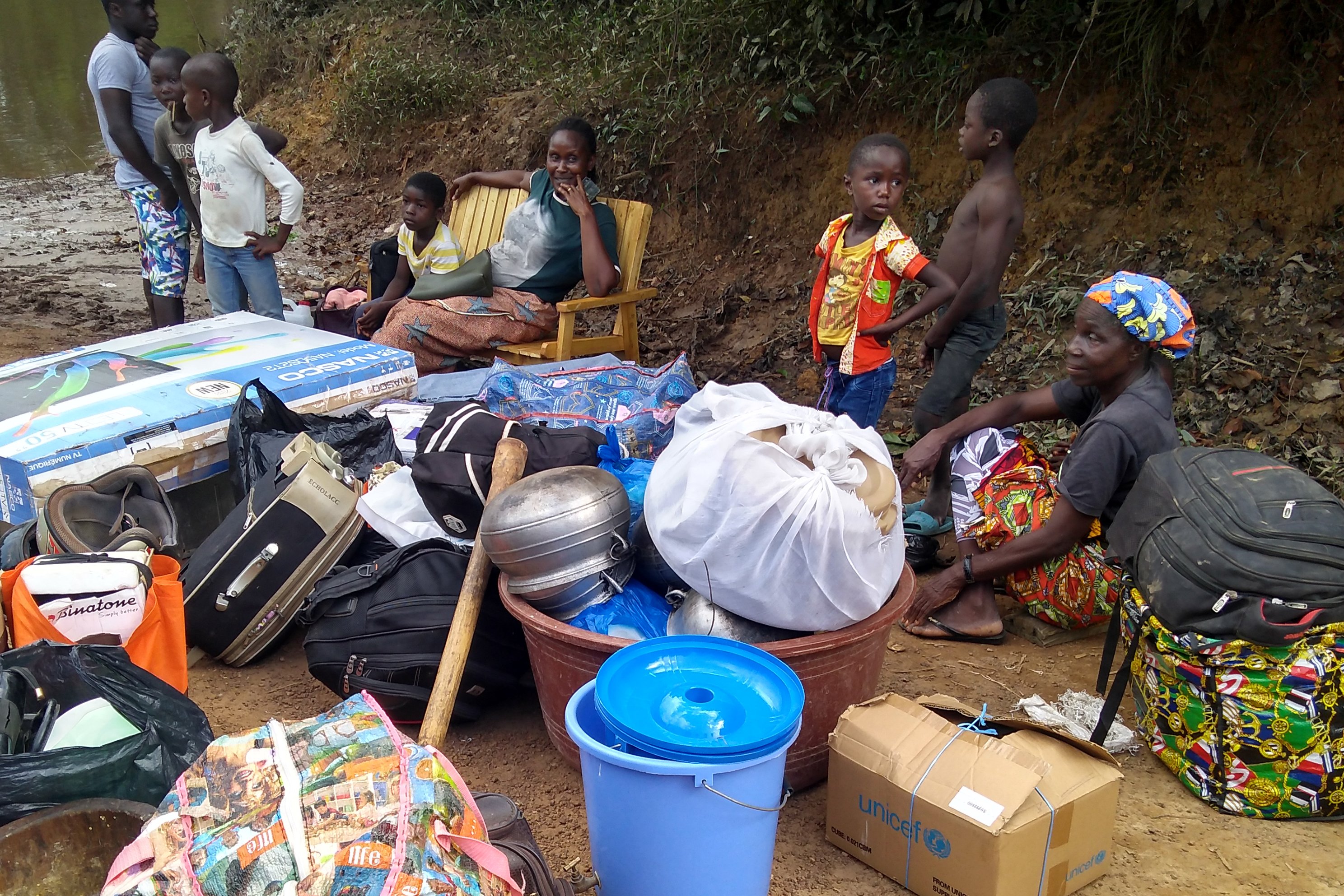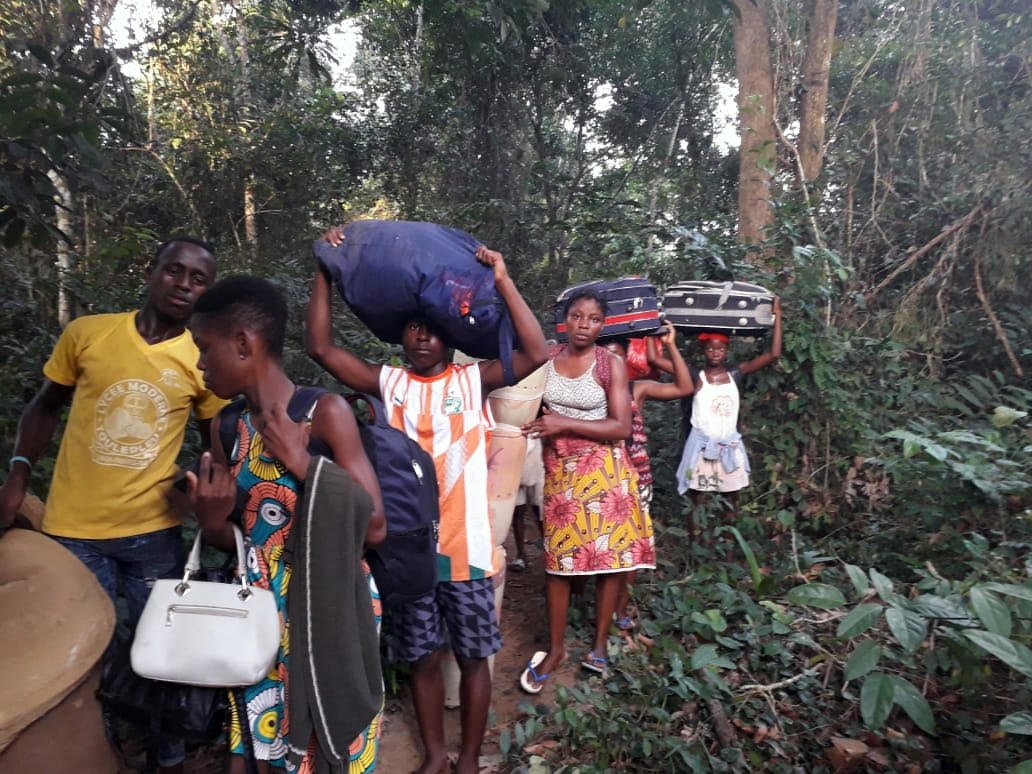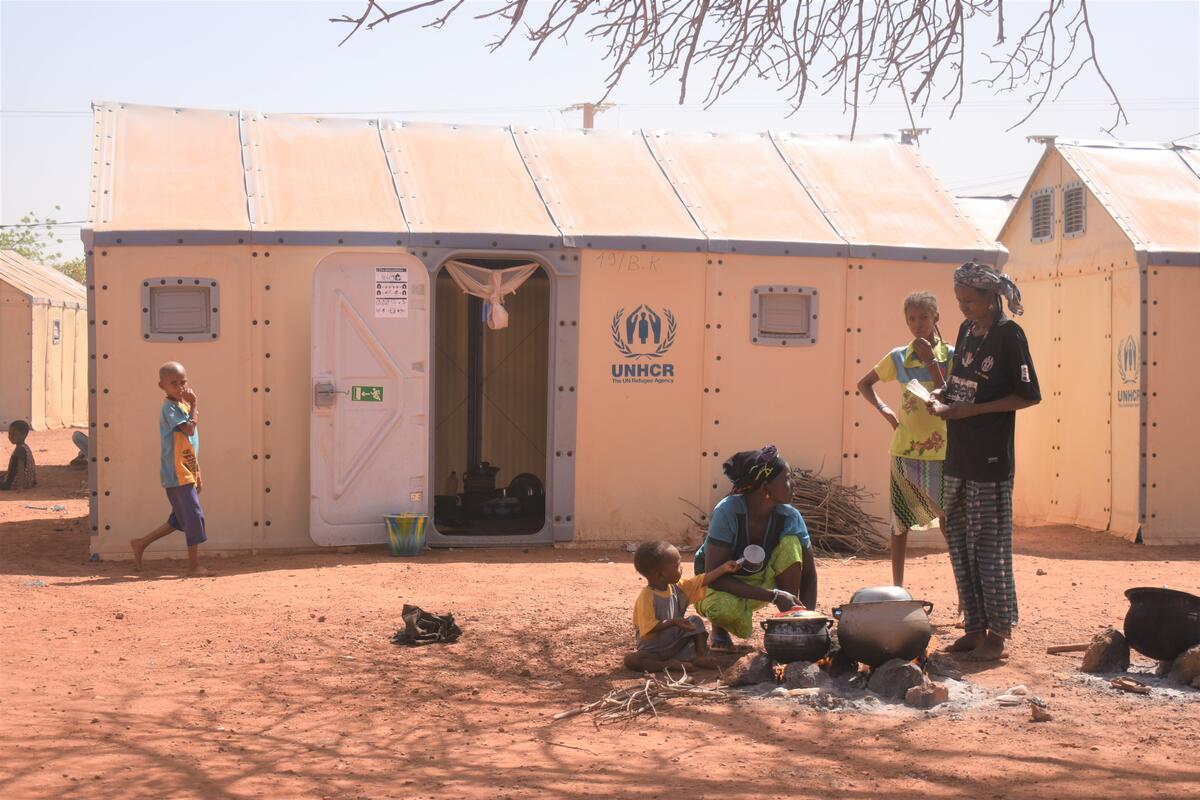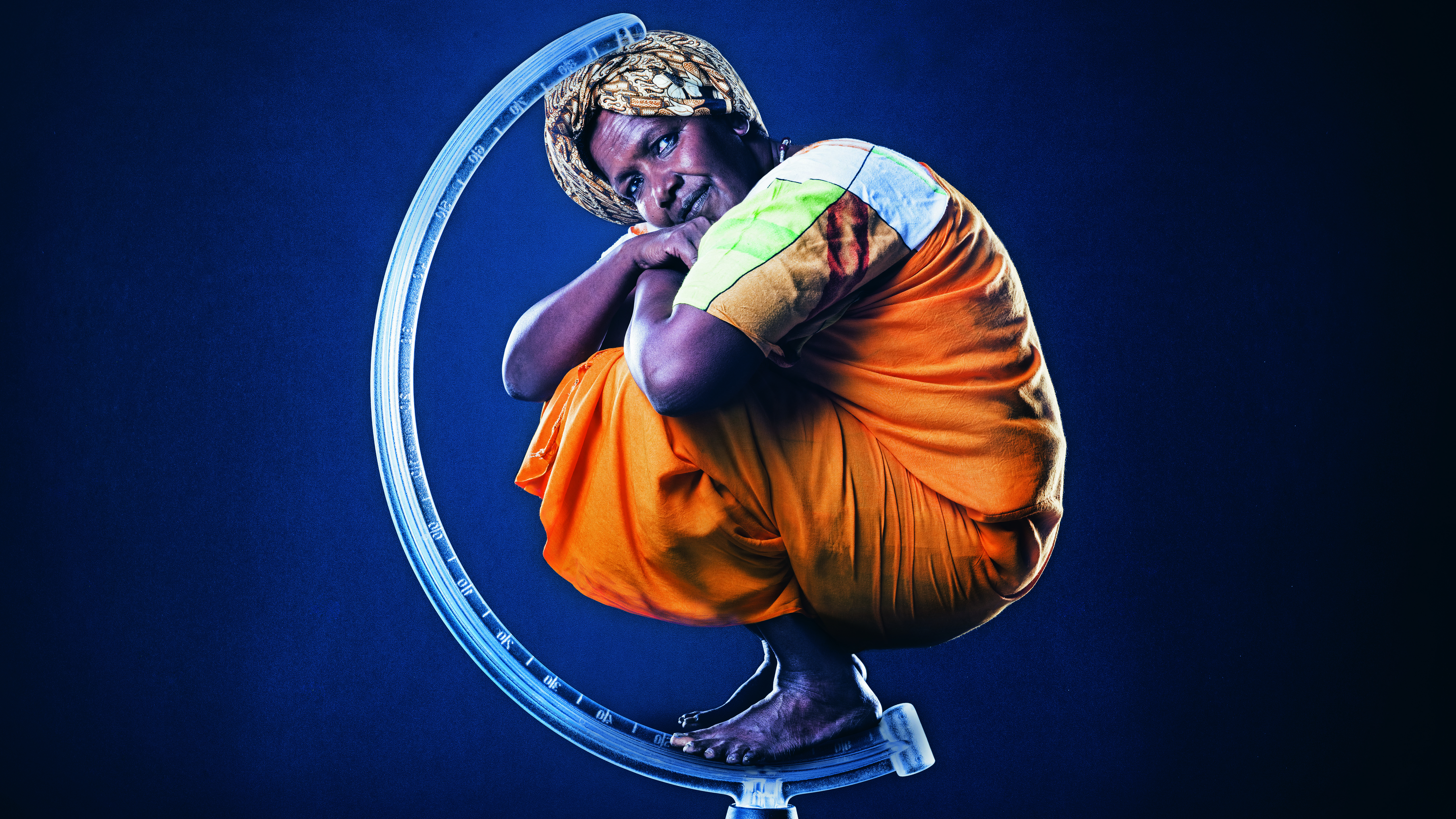Insecurity in Togo
Insecurity in Togo
The number of refugees fleeing general insecurity in Togo after the election results were announced last Tuesday continues to rise. A total of 5,754 refugees are reported to have arrived in neighbouring Benin, while more than 600 arrivals have been recorded in Ghana, on Togo's western border. Benin continues to receive the majority of the outflow, whereas numbers in Ghana are rising slowly. UNHCR is urging Togolese politicians to find a peaceful resolution to the current crisis, and to avoid triggering a humanitarian emergency. We are closely monitoring the situation.
UNHCR is sending a three-person emergency team to Benin over the weekend to boost our presence on the ground, and a second three-person team is on standby. By Thursday, 700 refugees, mainly women and children, had been transferred from the Togo/Benin Hilakondji border area to Come camp, 80 km from the capital of Cotonou. A further 600 refugees are at the border residing in church grounds, and the remainder are staying with host families. There are close tribal and family ties between Togolese and Beninese in the southern area, where many refugees are receiving assistance from their extended family network.
Today, another camp, Lokassa, will be ready to receive about 1,000 refugees. Water and sanitation are already in place and tents are being erected this morning by the Beninese army.
Hot meals have been provided to refugees at the border by the network of our NGO partner Caritas. Many refugees have told us they wish to stay at the border to see if the situation calms down enough to go home in a few days.
UNHCR is also concerned about the welfare of some 1,200 urban refugees of various nationalities - mainly from the Democratic Republic of Congo, Rwanda and Côte d'Ivoire - living in Togo's capital, Lomé.
Prior to the elections, we had pre-positioned in Benin supplies for 2,500 people. The items include blankets, tents, plastic sheeting, jerry cans and kitchen sets from our regional stockpile in Accra, Ghana. Today in Accra, we are continuing to load and expect to despatch a convoy of 10 trucks - six commercial and four UNHCR vehicles - carrying similar supplies for a further 5,000 people in Benin. It's planned the convoy will travel to Benin via Burkina Faso, a three-day 1,600-km journey. If security conditions permit, the convoy may drive through Togo. The road borders opened on both sides on Thursday after being closed since 22 April.
In Ghana, the number of refugees has been rising slowly, with many bringing several days of food supplies with them. They say they do not intend to settle, but just want to wait until the situation calms down and they can return.
UNHCR has worked closely on an inter-agency contingency plan since February, and earlier in April sent two emergency officers to Benin and Ghana.



